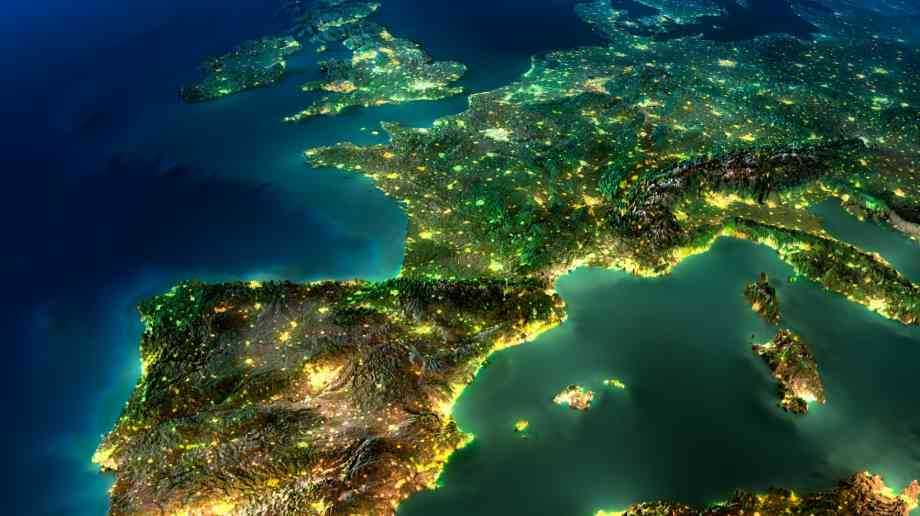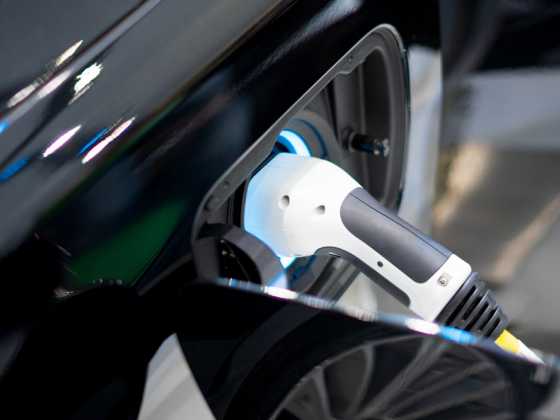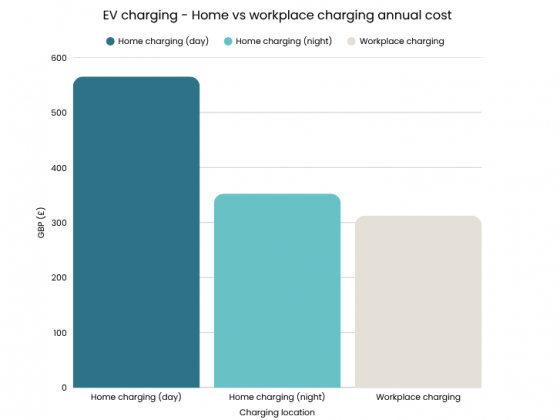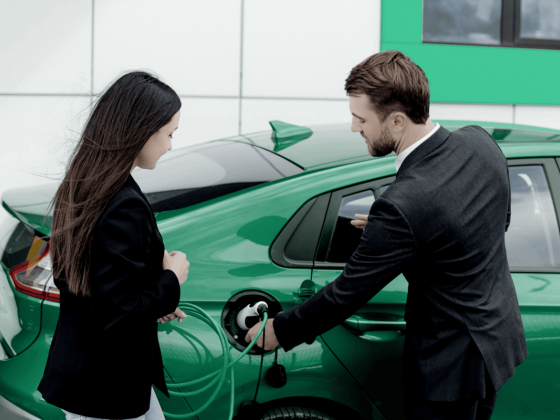UK first major economy to halve emissions

According to official statistics, the UK is the first major economy to halve its emissions.
The statistics show that the UK has cut emissions by 50 per cent between 1990 and 2022. This compares to a 23% reduction in France and no change in the USA between 1990 and 2021.
According to the Department for Energy Security and Net Zero, the reductions are largely due to cutting emissions from energy generation, through the shift away from using coal to using renewables.
Renewables now account for more than 40 per cent of the country's electricity. This is up from 7 per cent in 2010.
In 2012, coal provided almost 40 per cent of UK electricity, but later this year, this will be zero.
According to the statistics, domestic transport was responsible for 28 per cent of greenhouse gas emissions, and homes and product use accounted for 20 per cent. Agriculture was responsible for 12 per cent, electricity supply 14 per cent and industry 14 per cent.
The stats also show that transport emissions rose 2 per cent year on year, but this has mostly been attributed to a bounce-back from the coronavirus pandemic.
Energy security secretary Claire Coutinho said: "The UK is the first major economy - of the top 20 countries - to halve its emissions. This is an enormous achievement by itself but also because we have done this in a pragmatic way - growing our economy by 80% at the same time and protecting family finances.
"We have also increased our renewables electricity generation from just 7 per cent in 2010 to nearly 50 per cent now.
"With some of the most ambitious targets in the world, we should be proud that we’ve over-achieved on our carbon budget for the third time in a row. We will continue to meet out targets but in a pragmatic way that doesn’t clobber extra costs onto hard working families."
Doug Parr, the policy director at Greenpeace UK, said: “Any reduction in emissions is welcome news, but this is no time to be complacent. Homes and transport remain the biggest emitters, with stubbornly high levels persisting, and the plans for dealing with them don’t cut the mustard.
“Building insulation rates dropped to an all-time low, and yet the government looks set to roll back policy on cleaning up heating. Similarly they overturned targets for electric vehicles and allowed disinformation about electric vehicles to grow. This is not a moment for celebration, but to realise how much more there is to do.”



